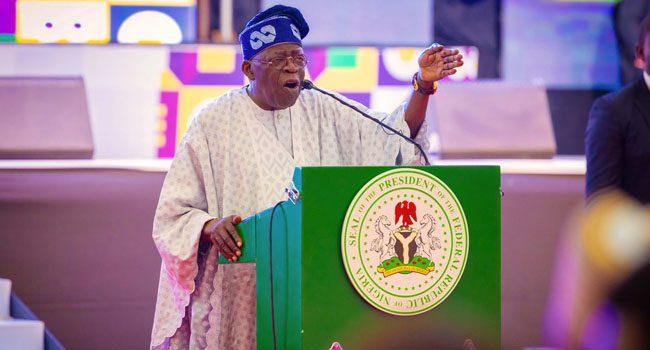ECOWAS Convenes Emergency Meetings in Ghana to Address Withdrawal of Niger, Mali, and Burkina Faso

The Economic Community of West African States (ECOWAS) has opened a high-level, two-day session in Ghana to confront the growing regional fallout from the withdrawal of Niger, Mali, and Burkina Faso from the 15-member bloc.
The talks, which began Tuesday in Accra, bring together key ECOWAS officials and representatives of member states to deliberate on the modalities of the unprecedented exit and the broader implications for West Africa’s regional stability, economic integration, and institutional operations.
In a statement released ahead of the summit, ECOWAS confirmed the agenda includes, outlining a framework for structured dialogue with the three withdrawing nations and evaluating the legal and operational impact on ECOWAS institutions and agencies present in those countries, Assessing broader geopolitical and economic consequences for the sub-region
“The session is being held to deliberate on the withdrawal of Burkina Faso, Mali, and Niger from the regional bloc. Key items on the agenda include the modalities of the withdrawal process and the implications for ECOWAS Institutions and Agencies operating in the three countries,” the statement read.
The meeting also comes amid rising tensions between ECOWAS and the Alliance of Sahel States (AES)—the coalition formed by the three military-led governments.
In a retaliatory move three weeks ago, the AES bloc imposed a 0.5% import levy on all goods entering their countries from ECOWAS member states, excluding humanitarian aid.
The measure directly contradicts ECOWAS’ commitment to maintaining trade links and the free movement of goods despite the political rift.
ECOWAS has expressed concern that the withdrawal could not only fragment regional cooperation but also undermine collective efforts to address security challenges, economic development, and humanitarian crises in the Sahel.
With Mali, Niger, and Burkina Faso citing a lack of trust and interference from ECOWAS as reasons for their January exit, the regional body now faces the complex task of balancing diplomacy with the need to preserve unity and institutional coherence.
A proposed structure to guide ongoing negotiations with the three countries is expected to be established during the Accra summit.
As the region watches closely, this meeting may prove pivotal in reshaping the future of West African integration and the fate of one of Africa’s most influential regional bodies.





